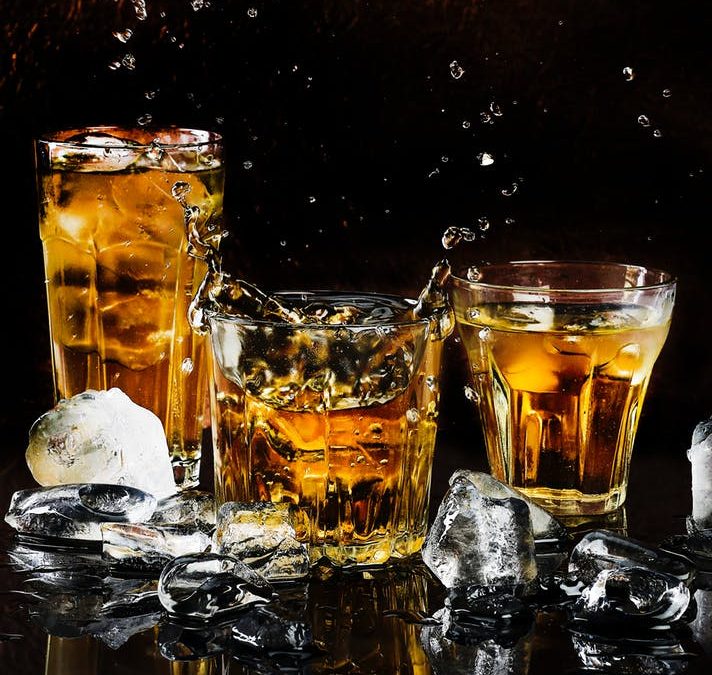ASCERT Staff Member Louise Hanna Encourages You to Help Young People to Learn How to ThinkB4UDrink
AS part of our #ThinkB4UDrink campaign highlighting awareness of and the impact of alcohol use on young people to coincide with NI Alcohol Awareness Week, Louise Hanna, Targeted Prevention Training Officer with ASCERT is urging us all to act to help educate young people on the risks before damage is done.
“First you take a drink, then the drink takes a drink, then the drink takes you” (Fitzgerald, 1950, The Great Gatsby).
“Although much attention has been paid to the use of illegal drugs by youth, alcohol is by far the most widely used and abused drug by teenagers” (Moniz and Gorin, 2019).
As a LifeSkills trainer for young people aged 11-21, I am all too aware of the damaging and dangerous impact of alcohol on the youth of today.
“Bored”, “confused”, “alienated”, “stressed”, “worried”, “anxious”, “overwhelmed”, “curious” and “fearful”– these are just a few responses to the question why do young people choose to drink alcohol?
The service users in our Targeted LifeSkills programme articulate maturely, reflectively and thoughtfully- on a daily basis -about their complex relationship with alcohol. In these occasions,
I witness teenagers striving to understand the allure and charm of alcohol at such an early stage of their lives. According to Norton (2009), “the story of young people and alcohol is really one chapter in the much longer tale of our society’s failure to come to terms with alcohol abuse”.
Propelling a conversation around why teenagers drink also paves the way for an intelligent and deeper discussion on the far-reaching and profound effects of alcohol.
Young people openly, and honestly, confess to having succumb to the hardship of alcohol at such a delicate and vulnerable age. In a world of increasing focus- rightly so- on mental health, teenagers are greatly concerned with how drinking can harm and negatively impinge upon their emotional and psychological wellbeing.
Some service users have admitted to alcohol making them feel down, depressed, low and even suicidal. With monumental pressures around exams, peer groups, body image, identity, family issues and financial concerns, young people have expressed their inability to cope and the subsequent sense of escape which is derived from alcohol abuse.
However, this detachment from reality has come at a price for these adolescents. Alcohol has been attributed to igniting conflicts at home and with peers, fuelling anti-social behaviour and causing issues in school life and beyond. In fact, “early onset drinking can be conceptualized as a waypoint in a development trajectory” (Saunders and Rey, 2011). Therefore, the impact of alcohol on our young people is significant- both now and in the future.
However, here at ASCERT, our mission is simple: Action on Substances through Community Education and Related Training. The more young people we can help to educate around alcohol, the more we can do to stop this epidemic taking over and controlling their lives.
We want to see our young people thrive, prosper, achieve and believe in a future without limits. Find your cape and join us in transforming teenagers’ lives.
Louise Hanna, Targeted Prevention Training Officer, ASCERT

Click Here to find out more about our Targeted LifeSkills service
References and further reading:
Fitzgerald, F.S., (1950). The Great Gatsby, Harmondsworth: Penguin Books.
Moniz, C. & Gorin, S.H., (2019). Health care policy and practice: a biopsychosocial perspective, New York, NY: Routledge.
Norton, P., (2009). Party Committees in the House of Commons. Parliamentary Affairs, 36(1),
Saunders, J.B. & Rey, J., (2011). Young people and alcohol: impact, policy, prevention, treatment, Oxford: Wiley-Blackwell.


